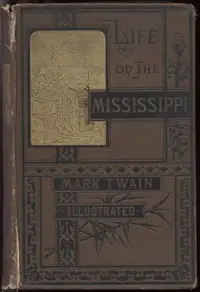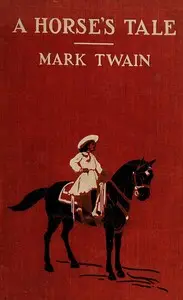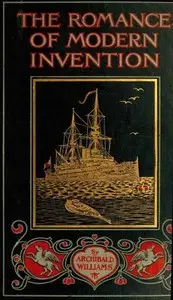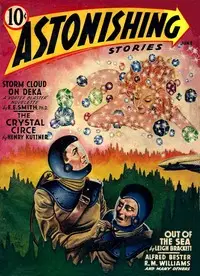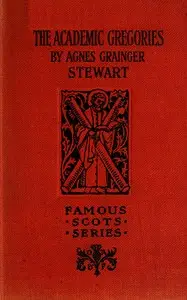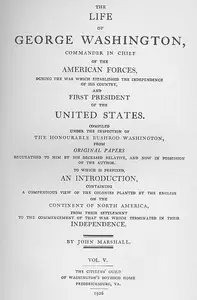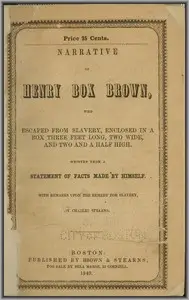"Life on the Mississippi, Part 8" by Mark Twain is a historical account written during the late 19th century. This segment of Twain's work provides insight into the lives and experiences along the Mississippi River, particularly focusing on the culture, people, and various events that unfolded during this period. The narrative captures a sense of time and place, illustrating the social dynamics and economic activities in this pivotal region of America. In this part, Twain shares a story about a young land-surveyor, who reminisces about his journey to California, where he meets a cattle-raiser named John Backus on a steamboat. Their conversations reveal Backus's enthusiasm for cattle and his naive attempts to engage in dishonest dealings with professional gamblers. The plot unfolds as Backus, despite some initial wisdom in avoiding gambles, is ultimately seduced into a dangerous betting game. Twain effectively captures the essence of human folly and greed, culminating in a twist that reveals the true character of the seemingly simple farmer. This segment not only illustrates Twain's witty storytelling style but also comments on the broader themes of deception and the lure of wealth during this transformative era. (This is an automatically generated summary.)
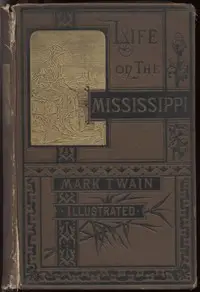
Life on the Mississippi, Part 8.
By Mark Twain
"Life on the Mississippi, Part 8" by Mark Twain is a historical account written during the late 19th century. This segment of Twain's work provides in...
Samuel Langhorne Clemens, known by the pen name Mark Twain, was an American writer, humorist, and essayist. He was praised as the "greatest humorist the United States has produced," with William Faulkner calling him "the father of American literature." Twain's novels include The Adventures of Tom Sawyer (1876) and its sequel, Adventures of Huckleberry Finn (1884), with the latter often called the "Great American Novel." He also wrote A Connecticut Yankee in King Arthur's Court (1889) and Pudd'nhead Wilson (1894) and cowrote The Gilded Age: A Tale of Today (1873) with Charles Dudley Warner.

